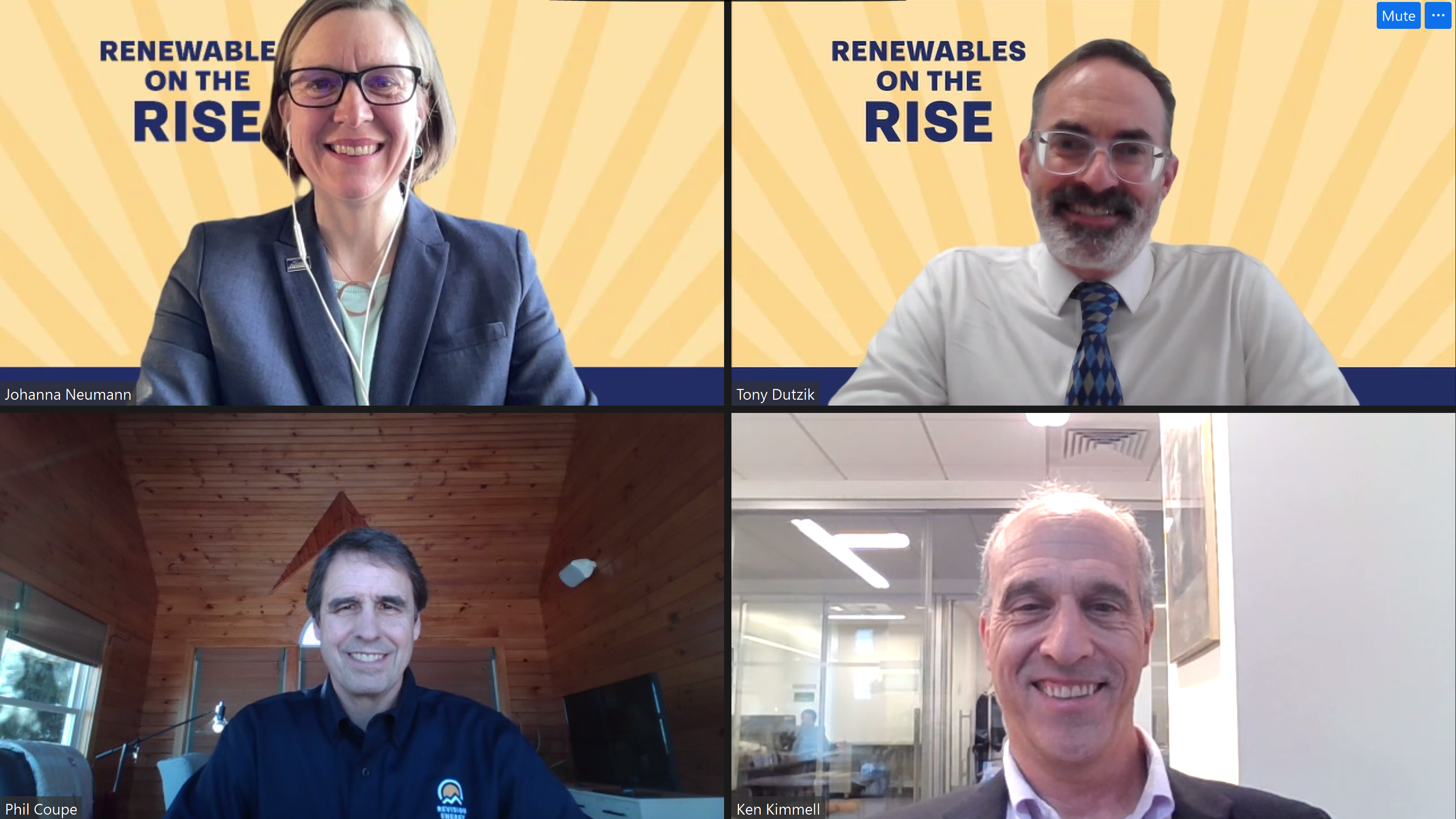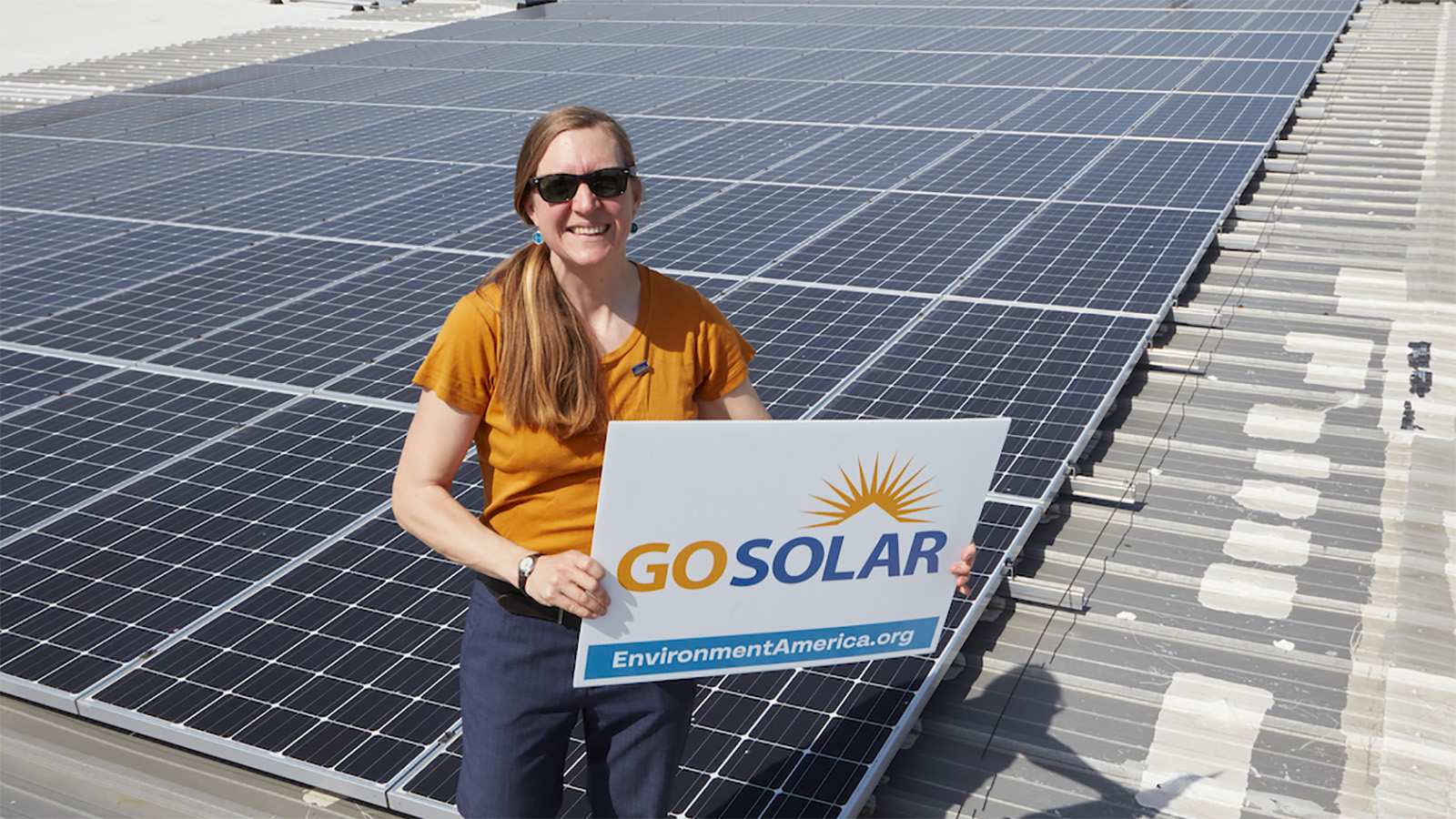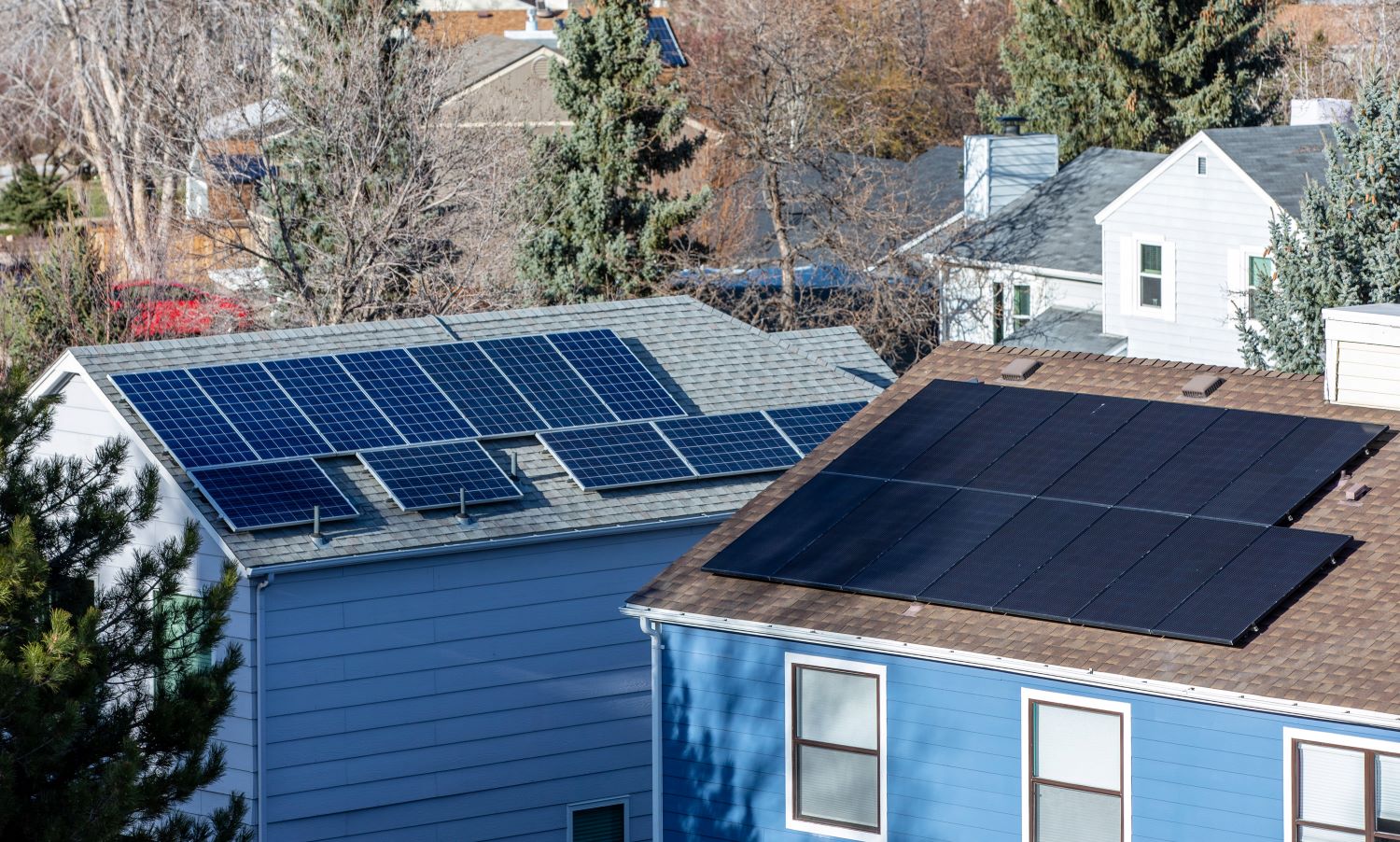I can smell the gas now… can you?
We have to stop burning fossil fuels in our homes

Several months ago, I turned on my stove to make tea, and I smelled gas. At the time, this was an aberration. I’d made tea in this kitchen hundreds of times and never smelled a thing.
Now, all I can smell is gas.
This all started when I began doing research for a new Environment America, U.S. PIRG and Frontier Group report, Electric Buildings. Before that, I never really stopped to think about what it meant to regularly use a gas stove — in other words, to routinely burn fossil fuels in my house.
As we point out in the report, gas stoves emit a whole bunch of unhealthy gases, including nitrogen dioxide, carbon monoxide and formaldehyde, all of which can exacerbate respiratory issues and lead to heart disease and cancer.
Even more outrageously, gas stoves may be exposing tens of millions of people to levels of air pollution in our homes that would be illegal outdoors. That would be dangerous at any time. But because of the pandemic, we should all be particularly concerned about keeping our lungs healthy as we spend more time than ever indoors to avoid the COVID-19 respiratory virus, which we know hits people suffering from polluted air harder.
And even during non-pandemic times, who wants to be breathing in dirty fumes and worrying about exposing themselves to disease-threatening pollution every time they whip up a meal? Certainly not me.
Still, three out of every four American homes directly burn fossil fuels for heating, hot water or to fuel appliances, such as gas stoves. In the comfort of our own homes, we routinely create and ingest unhealthy pollution.
It simply doesn’t have to be like this.
Electric Buildings makes the case that by converting our heating, cooling and cooking to electricity, we can reduce carbon emissions and harmful air pollution. We can also break our dependence on fossil fuels and make progress toward a clean energy future in which we rely on renewable sources to meet our energy needs.
In fact, repowering our homes and businesses with electric technologies over the next 30 years could reduce such a large amount of net carbon emissions that it would be the equivalent of taking 65 million cars — almost three times the number of vehicles in Texas — off the road. That’s a pretty significant reduction of pollutants in the air we breathe both inside and outside of our buildings.
When we talk about electrifying our buildings, it may sound big and abstract — but it can and will lead to a tangible difference in our lives. The dangers of burning fossil fuels in such close quarters to where we and our loved ones spend so much time are serious. Whenever I make my tea, I now more clearly recognize the effects of our gas-powered infrastructure.
It should be a given that the air inside is safe to breathe. But if we want to achieve that, we are going to have to go all-electric.
To help turn the tide towards all-electric buildings, you can voice your support for building electrification by signing our petition.
Topics
Authors
Brynn Furey
Find Out More

What kind of planet protector are you?

Key takeaways from Renewables on the Rise: Success Stories

IKEA is going solar



